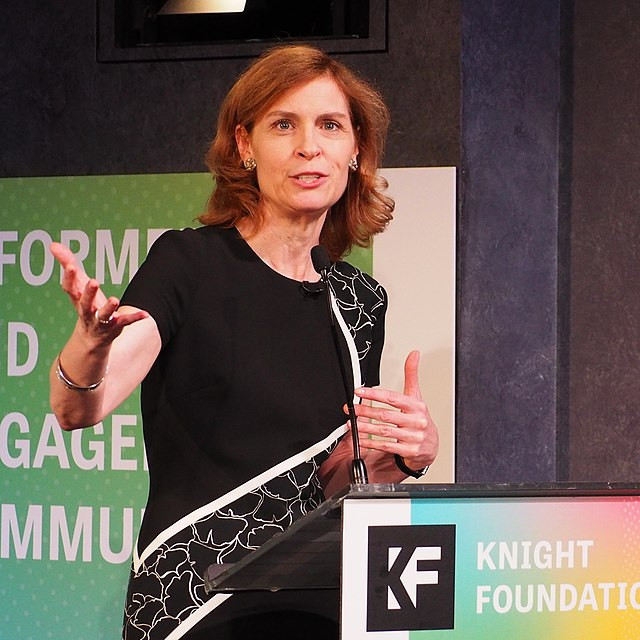Liberal judge Susan Crawford prevailed Tuesday in Wisconsin's Supreme Court race, defeating conservative candidate Brad Schimel and preserving the court's 4-3 liberal majority in a contest that drew unprecedented national attention and financial investment, including more than $20 million from tech billionaire Elon Musk and affiliated groups.
With more than 84% of votes counted, Crawford held a nearly 10-point lead over Schimel, a Waukesha County circuit judge and former Republican state attorney general. The result dealt a significant blow to conservatives who had hoped to flip control of the court in a critical battleground state. NBC News projected the win late Tuesday.
The high-stakes race, officially nonpartisan, became a proxy battle between Democratic-aligned groups and Republican interests, with supporters sharply divided on issues including abortion rights, union protections, and redistricting. Crawford's victory ensures the liberal bloc remains in control ahead of major decisions likely to reach the court, including challenges to the state's congressional maps and abortion restrictions.
"Today Wisconsinites fended off an unprecedented attack on our democracy," Crawford said during her victory speech in Madison. "Wisconsin stood up and said loudly that justice does not have a price. Our courts are not for sale."
The race to replace retiring Justice Ann Walsh Bradley became the most expensive judicial contest in U.S. history, with over $80 million spent, according to campaign finance data. Musk alone contributed more than $20 million to support Schimel, employing tactics similar to those used in his recent federal campaign efforts. These included offering $100 to petition signers and pledging $1 million checks to select voters-moves that drew criticism and sparked legal scrutiny.
Crawford was backed by a slate of Democratic heavyweights, including former President Barack Obama and Democratic Party leadership. Republicans, including former President Donald Trump, rallied behind Schimel.
In his concession remarks, Schimel acknowledged the margin was insurmountable. "The numbers aren't gonna turn around," he told supporters. "They're too bad, and we're not gonna pull this off." As some in the crowd booed, Schimel interjected: "No, you gotta accept the results."
Turnout was notably high across the state. Milwaukee's election commission reported "historic turnout" for a spring election, with seven polling sites briefly running out of ballots. Officials said replenishment efforts were underway during the evening voting surge.
Musk's involvement became a central theme in Democratic messaging. "Wisconsin beat the billionaire," Minnesota Gov. Tim Walz, Vice President Kamala Harris's 2024 running mate, posted on X. Sen. Elizabeth Warren added, "Wisconsin cannot be bought. Our democracy is not for sale."
Crawford's campaign capitalized on grassroots momentum triggered by backlash to Musk's funding. "Growing up in Chippewa Falls, Wisconsin, I never thought I would be taking on the richest man in the world for justice," Crawford said. "And we won."
The court's liberal majority could soon weigh in on several pivotal legal questions. Among them is the potential redrawing of Wisconsin's eight congressional districts, which currently favor Republicans, as well as pending legal challenges on abortion access and collective bargaining laws.
Ken Martin, chair of the Democratic National Committee, applauded the outcome. "Tonight, the people of Wisconsin squarely rejected the influence of Elon Musk, Donald Trump and billionaire special interests," he said in a statement.
Crawford closed her remarks with a nod to her family and the campaign's end. "I know how glad you are to see the TV ads end," she joked, addressing her mother, who was watching from home.






